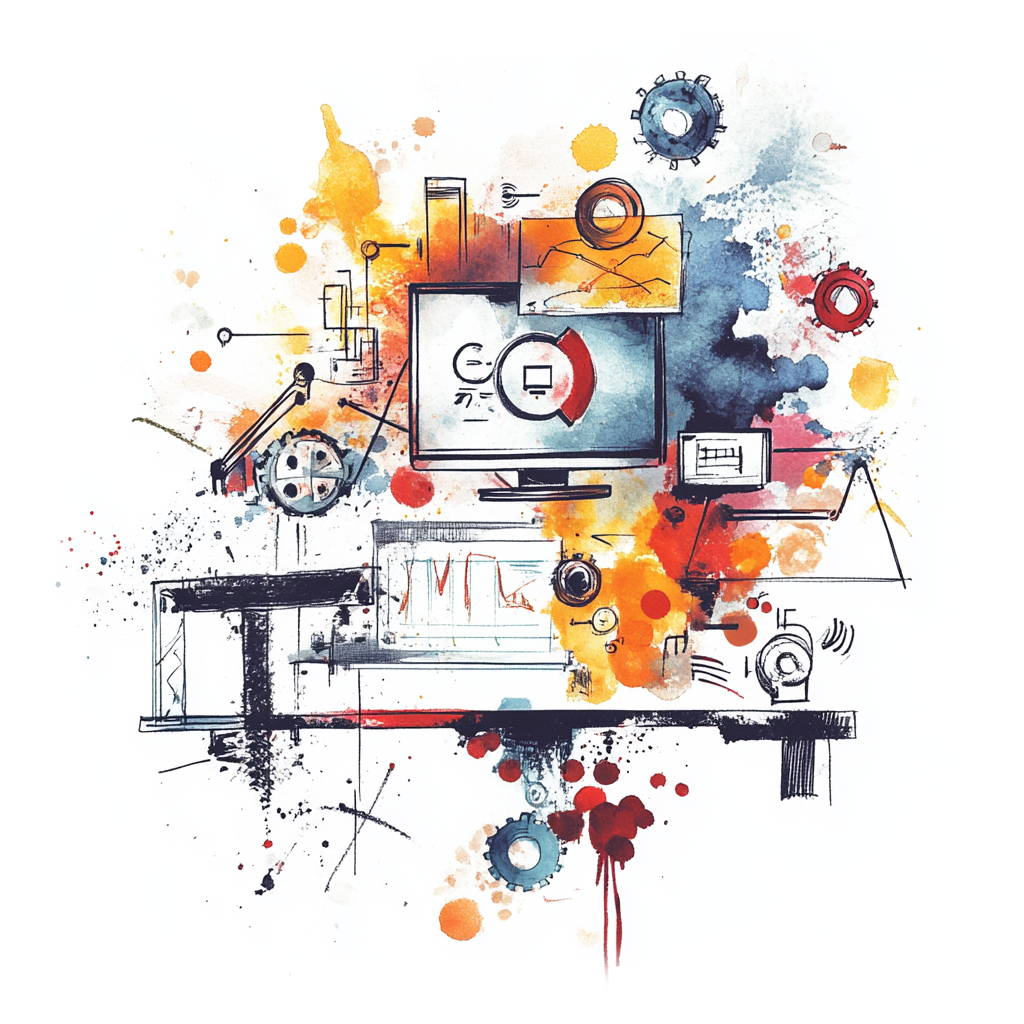Leveraging Self-Owned AI in Hospitals
Learn how Hospitals companies can leverage self-owned AI to enhance their operations and drive innovation.

Unlocking Potential: How Hospitals Can Harness Their Own AI
In today’s fast-paced healthcare landscape, hospitals are continually striving to enhance patient care, improve operational efficiency, and stay ahead of the curve in medical technology. One transformative force that has emerged on this frontier is the concept of having your own artificial intelligence (AI), tailored specifically for your hospital’s needs. Imagine this: a smart assistant that knows your organization, understands patient needs, and predicts challenges before they even arise. Intrigued? Let’s explore how this can work for hospitals.
Real-World Use Cases for Hospitals
-
Patient Triage and Staff Support: Think about the busy triage departments in hospitals. An AI could assist by quickly analyzing patient symptoms entered by nurses and suggesting preliminary assessments. This way, patients who most urgently need care are seen first, potentially saving lives.
-
Streamlining Administrative Tasks: From scheduling appointments to managing follow-ups, administrative work can be a significant burden. An in-house AI can automate these tedious tasks, optimizing schedules and reducing wait times. Imagine patients receiving timely notifications about their upcoming procedures without any manual intervention!
-
Clinical Decision Support: Doctors are continuously faced with a flood of medical information. Your own AI could analyze patients' data and recommend treatment plans based on the latest research. This can lead to better patient outcomes, as healthcare providers have a trusted ally sifting through a sea of medical literature.
-
Personalized Patient Engagement: With your AI, patients can receive customized health tips based on their unique health scenarios. Imagine a system that sends reminders for medication refills, diet changes, and regular check-ups—a simple yet powerful way to increase patient engagement and adherence to treatment plans.
-
Predictive Analytics for Resource Management: Hospitals often struggle with resource allocation. An AI can assess historical data to predict busier days for healthcare services, allowing for better staffing and inventory management. This level of foresight can minimize delays and enhance patient experiences.
The Perks of Having Your Own AI
Now, you might be asking, "Why go for our own AI?" Here’s the thing: when you host your AI internally, you obtain unmatched control and privacy.
-
Data Security & Compliance: With regulations like HIPAA in the USA, protecting patient data is paramount. By hosting your AI on-site, you maintain stringent data protection without relying on third-party vendors that may not prioritize security as much as you do.
-
Tailored Solutions: Your hospital is unique, and so are your needs. An in-house AI can be custom-trained to recognize and address specific workflows, language, and challenges within your organization—something generic tools can’t offer.
-
Integration with Existing Systems: Self-hosted solutions can be designed to integrate seamlessly with your existing software. This means less disruption as your staff can continue working with familiar systems while benefiting from AI-enhanced efficiency.
-
Cost-Effective in the Long Run: While the initial investment might seem daunting, consider the long-term savings. By reducing manual processes, enhancing patient care, and streamlining operations, hospitals can see significant returns on investment over time.
Steps to Bringing Your Own AI to Life
-
Identify Your Needs: Engage various stakeholders in your hospital—from administrators to clinicians—to pinpoint areas where an AI could bring the most value. This collaboration is essential for developing a solution that truly meets your needs.
-
Choose the Right AI Technology: There are countless platforms and frameworks available for building your AI. Do your research to find a flexible option that offers the capabilities you seek, without being overly complex or costly.
-
Hiring the Right Expertise: You will need a team of skilled data scientists and AI specialists who understand healthcare dynamics. Consider partnering with a firm that has a track record in building customized AI solutions for the healthcare sector.
-
Data Collection and Training: Gather existing data and start training your AI on the real-life scenarios it will be facing. Remember, the more data it has, the smarter it becomes at helping your team.
-
Pilot Test: Before rolling out your AI hospital-wide, run a pilot test with a small team or department. This will help refine the functionality based on real usage, making sure it fits seamlessly into your workflow.
-
Feedback and Iterate: Once the AI is live, encourage constant feedback from users. Use this to make necessary adjustments, ensuring that your AI remains relevant, user-friendly, and efficient.
-
Scale Up: Once you’re confident that your AI is working well, expand its capabilities across other departments, gradually integrating more advanced features as usage grows.
Wrapping Up
In a world where healthcare is evolving rapidly, harnessing your own AI can be a game-changer for hospitals. By automating routine tasks, enhancing decision-making, and creating tailored patient experiences, your institution can deliver exceptional care while also boosting efficiency. The road to having your own AI may require resources and a bit of patience, but the rewards—improved patient outcomes and streamlined operations—are well worth the effort. So, are you ready to embark on this journey towards a smarter, more efficient hospital? The future of healthcare awaits!
